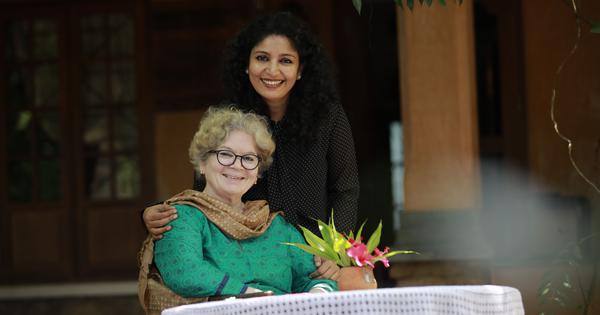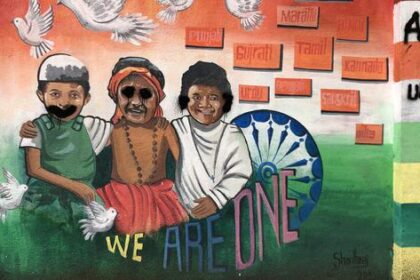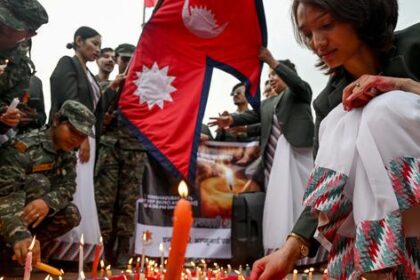Exploring the harrowing realities faced by Emalath and Bithya in Sodom’s oppressive regime.
The cramped wooden crates used to confine prisoners were crafted from thick logs and bound tightly with robust jute ropes. Within these crates, it was impossible to stand upright or even turn around. Ophir’s warriors seized Emalath and Bithya, dragging them by ropes tied around their waists and tossing them into the cages. As Emalath shouted in protest, demanding to know her alleged crime, a soldier barked back, instructing her to silence her outcry. The urgency of her situation became apparent when she instinctively lay down on the floor, narrowly avoiding a lance that could have struck her neck.
Two soldiers, half-man and half-demon, entered the crate, kicking Bithya, who was holding her child. They forced her to her feet and bound both her and Emalath’s legs with a metal ring before tossing the keys to the sentry and departing, plunging the space into a darkness so thick it felt palpable. The guard paced back and forth, a shadow stirring within the gloom. Emalath pondered how swiftly the news had reached Ophir’s soldiers; the speed with which rumors spread was bewildering.
Among Lot’s servants were those fleeing the dire poverty of Sodom. The Eberites had long been aligned with him. However, two men from Sodom had accepted ten shekels of silver from Ophir to act as spies within Lot’s residence. When Lot offered them one bekah of silver, Ophir rewarded them generously with five times that amount for revealing any hidden information. Yam Sover and Azubah were those spies, with Yam Sover informing Ophir of Lot’s illegal production of the antidote for roshe. Although he had no proof, he believed that the situation involving Bithya’s child could provide the evidence needed.
Yam Sover claimed to be a witness to the child’s death, asserting that Lot had revived the child, a significant breach of Sodom’s strict laws governing the production and administration of roshe. According to these laws, only the government held the rights to such treatments, and any foreigner challenging this faced severe consequences, potentially capital punishment. Emalath’s mind spiraled into fear as she considered the methods of execution that could await them. Would their deaths be swift, or would they suffer? Her imagination ran wild with visions of public hangings or brutal executions, each scenario more horrifying than the last.
In her panic, Emalath expressed her fears to Bithya, lamenting the fate of her son and the stigma he would bear as a result of her wrongful death. The thought of her child growing up without her, facing the cruelty of a stepmother and the scorn of society, filled her with despair. She feared that her innocence would be lost in the tales of betrayal told by others, leaving her son to endure a life filled with sorrow and punishment.
Bithya’s attempts to calm Emalath were futile. Emalath continued her lament, her heavy breasts, full of unshed milk, a physical manifestation of her anguish. As the moisture seeped through her garments, mingling with her tears, she longed for the comfort of light, the glow of a lantern that could push back the shadows of dread. Emalath wished for a moment of reprieve, a beacon of hope amidst the encroaching darkness, but the fear of their uncertain fate loomed large, overshadowing any glimmer of solace.








